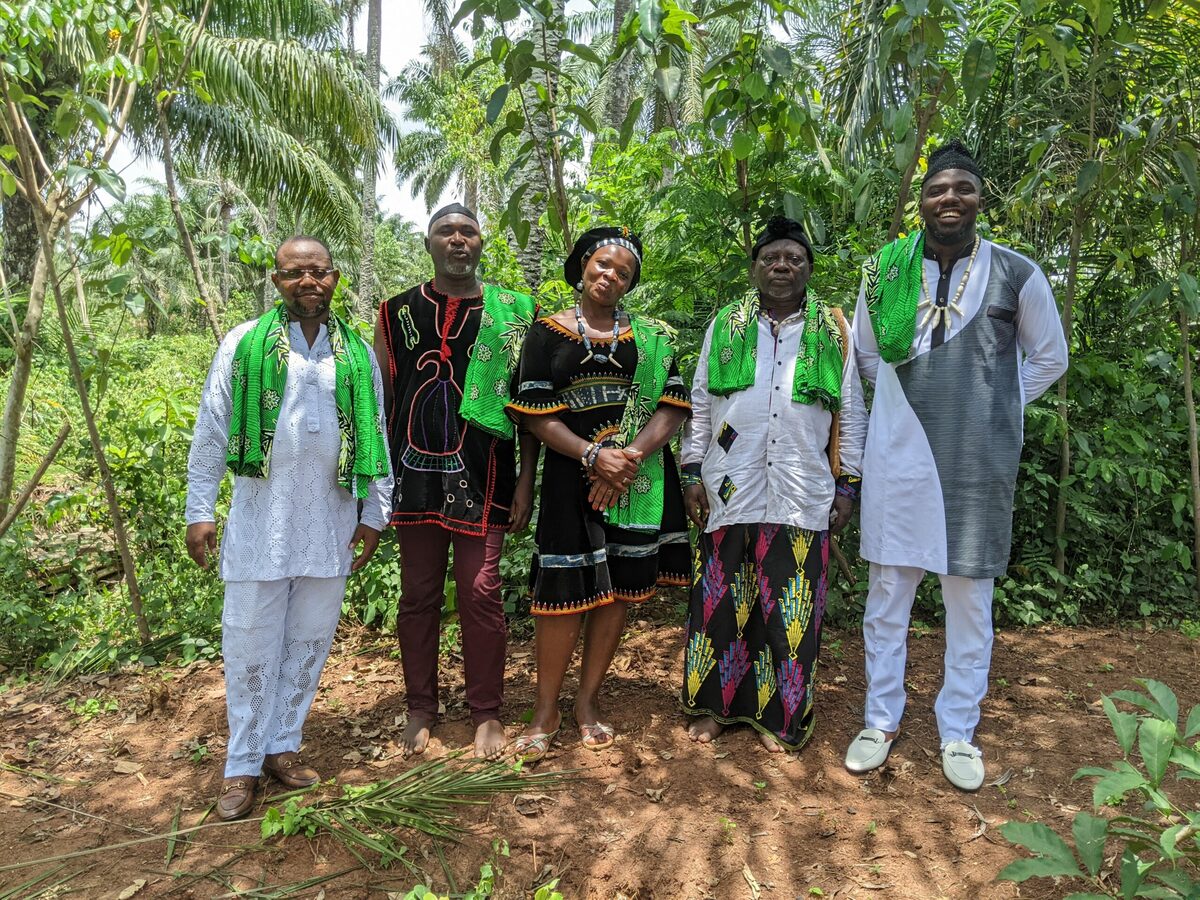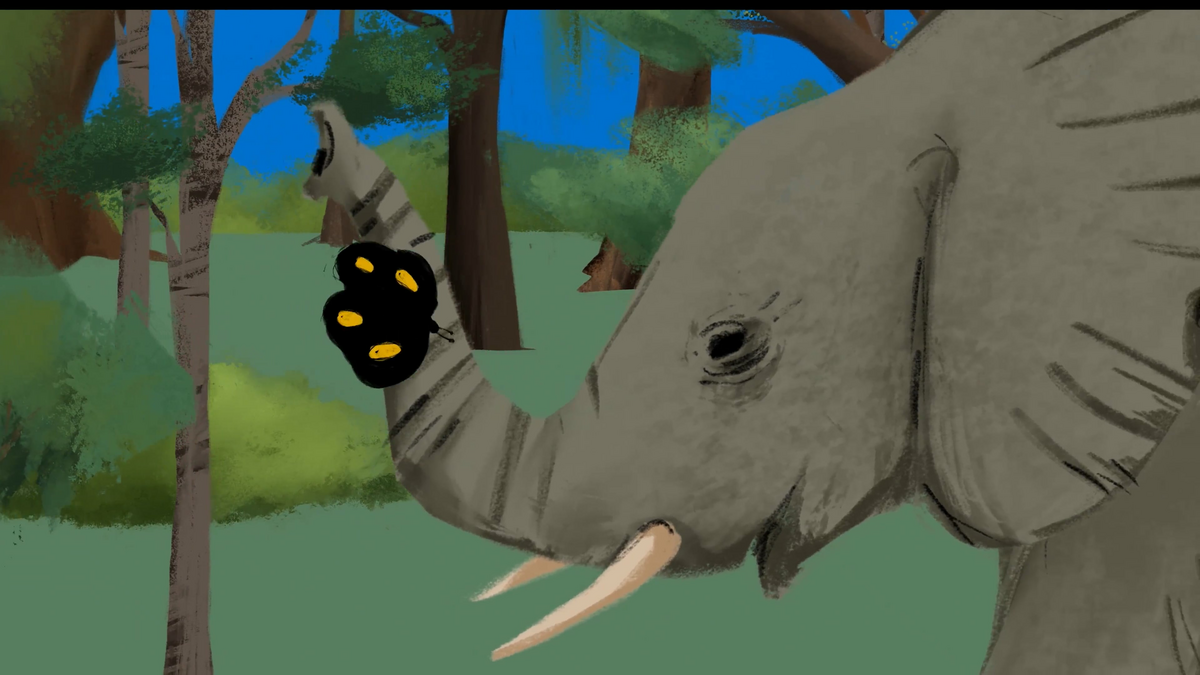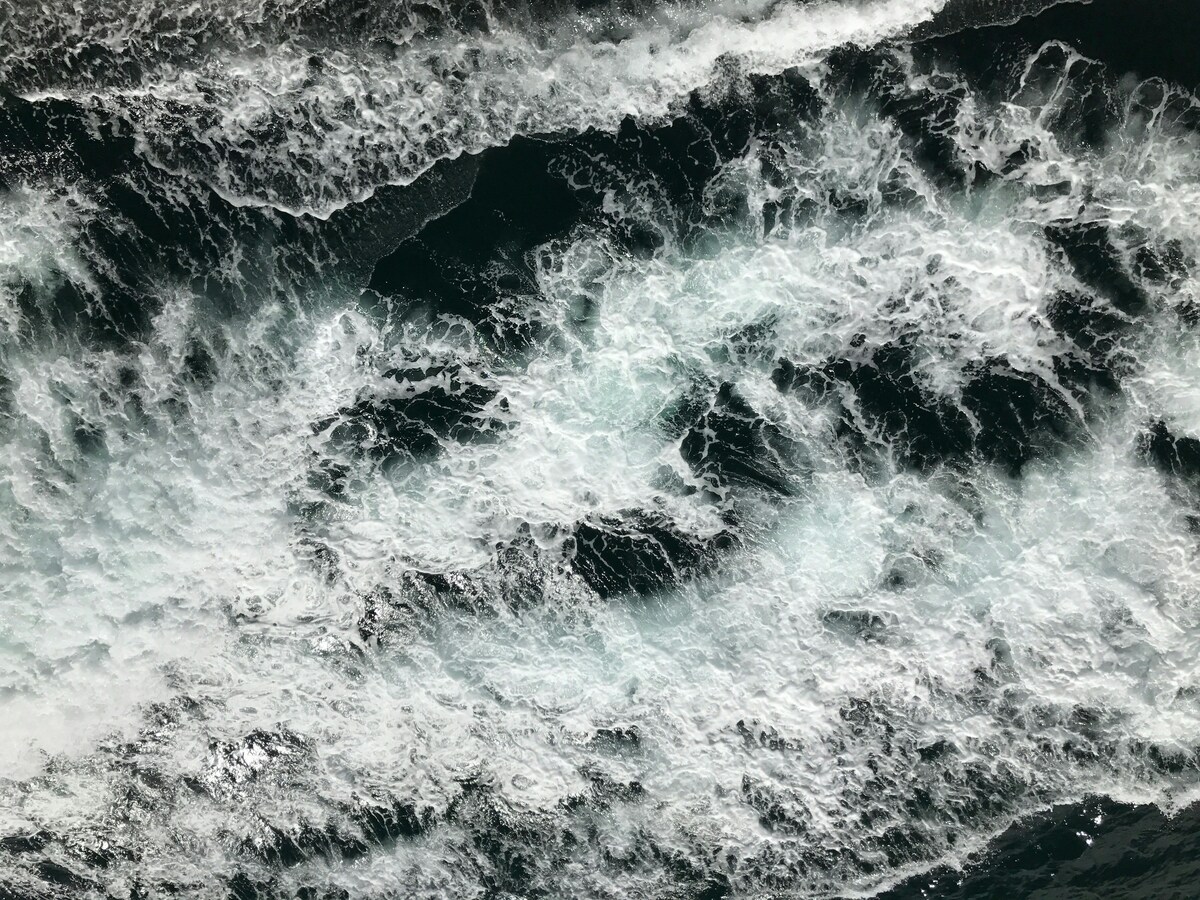Every other month we collate Earth-centred inspiration; if you would like to receive updates like the below straight to your inbox, sign up here.
Greetings Friends,
At this turning point of the year – as the Solstice beckons – we are rekindling our bimonthly Earth Jurisprudence Update to uplift and celebrate the verdant voices and enlivening initiatives of the wider movement towards Earth-centred living, law and governance.
We bring heartening news of the completion of the third cycle of our Earth Jurisprudence Trainings as well as the latest animation from the African Earth Jurisprudence Collective: ‘Path of the Elephants’. We share calls for reconnection with the wider web of life, the latest Rights of Nature developments and the galvanising story of one community successfully resisting extractivism and advancing their own alternatives, rooted in rich reciprocal relationships with the ecosystem in which they are embedded. We also spotlight Craig Foster’s memoir on finding the wild in a tame world and recommend two important explorations of the legal personhood model as applied to the more-than-human world.
Finally this month we honour a beloved ancestor, Thomas Berry, on the 15th anniversary of his passing – a luminary of ecological thinking and the father of Earth Jurisprudence. For almost three decades, Earth Jurisprudence has been the lodestar by which we navigate at Gaia: a way of seeing and being in the world that aligns with and supports thriving and biodiverse life on this living planet. We close with news of the release of a series of recordings of a conversation between Thomas and Brianne Swimme reflecting on the ‘Great Work’ of this century: to transform the human-Earth relationship from one of exploitation and extraction to one of respect and reciprocity.
All of the stories shared today illuminate this path. As the Solstice beckons, as the Sun ‘stands still’ on the horizon, we too take pause and we take heart.
With warm and wild wishes,
Carlotta, on behalf of the Gaia Team
New Members of The African Earth Jurisprudence Collective Graduate in Benin

Pictured, our recent Earth Jurisprudence graduates
Almost a decade on from initiating our UN-recognised three-year training programme, this April we celebrated the graduation of the third cohort of Earth Jurisprudence Practitioners. “Together, graduates and facilitators of the course form the African Earth Jurisprudence Collective: a community of practice exchanging knowledge across the continent. Emergence is our guiding principle – a mirror of the natural world, developing complexity through enhancing connections. Rather than imposing ‘projects’ or external ideas on an ecosystem or on a community, practitioners learn to create conditions for Indigenous people and their lands to weave back together again, at their own pace. As more communities are inspired by this revival, so the work ripples out to others, creating landscape-level change.” The Earth Jurisprudence Trainings also feature in a recent article from the Ecoversities Alliance, Towards Oneness: Educating for a Paradigm Shift.
Path of the Elephants

Animation still from illustrator and animator Tim Hawkins
Meet Sam, the Earth Jurisprudence Practitioner who is working with Baka Forest Peoples to breathe new life into ‘the lungs of Africa’. This new animation from the African Earth Jurisprudence Collective is a tale of awakening, of the cycles that gifted Sam new beginnings from death, and of the path that he is helping us all to track towards recognising Earth’s best custodians. In their rich reciprocal relationship with the forest, there lies hope for reweaving the biocultural diversity that ensures abundance for the entire community of life. Read more from Sam in Tracking Our Way Home, first published in the spring 2024 issue of Dark Mountain.
Reconnecting with the Web of Life
We Are Nature
Lawyers for Nature and House of Hackney have catalysed a grassroots movement aiming to persuade all of the major UK dictionaries to change their definition of ‘nature’ to include humans. “We believe that our separation from, and misconceived superiority over Nature has contributed to the ecological crisis we find ourselves in today. Updating the definition of Nature is a powerful tool to amplify the message that we are entirely dependent on the wider web of life, of which we are only a very small part… You can join in the campaign, read our open letter and sign the petition”. The petition can be found here: https://wearenature.org/

Photo by Greg Rakozy on Unsplash
Re-embedding Ourselves in the Community of Life
Gaia’s Co-Director Liz Hosken is among an inspiring constellation of thinkers, writers, movement-builders and activists contributing to Local Future’s Planet Local Voices interview series. “In this episode, Liz offers profound reflections on the need for deep reconnection with the web of life if we are to heal the wounds of industrial modernity. To move beyond hubris, reductionism and control, Liz suggests we need to decolonize our minds, remember humility, and re-embed ourselves in place, to become ‘healing cells in the body of Gaia’. Pointing out how indigenous, land-based cultures can remind us of a more beautiful way of being, she offers practices like traditional seed saving as practical ways of re-indigenizing and re-localizing our cultures.” Other episodes include Manish Jain on re-imagining education and Bayo Akomolafe on the cracks in modernity.
Reimagining Law: Beyond Legal Personhood
The Whanganui River in Aotearoa New Zealand: Collaboration and Pluralism in Implementing the Te Awa Tupua Act
Miriama Cribb, Elizabeth Macpherson and Axel Borchgrevink analyse two cases of implementation of the Te Awa Tupua Act, “shift[ing] attention away from legal personality to three other elements: The centrality of Māori kawa (value-based, Indigenous law); the establishment of a comprehensive set of new institutions and practices; and the devolution of authority to hapū (subtribes) and communities. These elements represent a paradigm shift towards a relational and reciprocal form of governance. While Te Awa Tupua Act does have some alignment with rights of nature, it should primarily be understood as recognising Indigenous rights and the authority of Indigenous law.”
Honoring the Wild Proliferation of Earthly Perspectives
Co-published by Emergence Magazine and the More Than Human Rights (MOTH) Project, this enlivening conversation between cultural ecologist David Abram and mycologist Merlin Sheldrake reflects on a symposium exploring how we might reimagine legal frameworks. Traversing bold new legal terrain, they explore the potential pitfalls of the “legal personhood” model as applied to the more-than-human world and discuss alternatives with less human-centered overtones such as “beinghood”, “ancestral beinghood” and “selfhood”. They also touch on whether “a discourse of responsibilities would serve us better than a discourse of rights” and reflect that “our human rights tacitly derive from the more-than-human earthly world, rather than the other way around.” This chapter is part of the volume More Than Human Rights: An Ecology of Law, Thought and Narrative for Earthly Flourishing edited by César Rodríguez-Garavito.
Recent Rights of Nature Developments
In March, Peru joined over two dozen nations in recognising the Rights of Nature following a landmark court ruling that the Marañón River – a main source of the Amazon River – has legal rights to exist, flow and be free from pollution. In April, lawyer Teresa Vincente was awarded the Goldman Environmental Prize for her contribution to the grassroots campaign to recognise the rights of the Mar Menor Lagoon in Spain. In late May, the Machángara River in Ecuador, represented by the Kitu Kara People and social movements, filed a Protection Action seeking that the authorities of Quito guarantee its rights. In the same month, a bill recognising the Rights of Nature was presented to Puerto Rico’s Senate for review.
Resisting Extractivism
The Wild Coast, South Africa
We’re delighted to share that our allies Nonhle Mbuthuma and Sinegugu Zukulu have been awarded the prestigious Goldman Prize for asserting the rights of local people to resist harmful ‘development’. Instead they are advancing their own alternatives, rooted in rich reciprocal relationships with the ecosystem. The sea, white sand beaches and fertile lands of South Africa’s Wild Coast have flourished together with the indigenous Amadiba People of Xolobeni for generations. Here, they fish and farm in balance with nature. And here, they have defended their lands and waters from colonisation, apartheid, titanium mining and now, seismic testing for oil and gas by Shell. Nonhle and her community featured in Gaia’s We Feed The World campaign, photographed by Lindeka Qampi, which celebrated smallholders and busted the myth that we need industrial growth, agriculture or infrastructure to survive.
Book Spotlight
Amphibious Soul: Finding the Wild in a Tame World
In this lyrical memoir, Craig Foster – producer of My Octopus Teacher and co-founder of Sea Change Project – asks how we can “reclaim the soul-deepening wildness that grounds us and energizes us when so much of the modern world seems designed to tame us”. Drawing on his decades of daily ocean dives, wisdom from Indigenous teachers and leading-edge science, Foster shares a life spent exploring the most incredible places on Earth – from the Great African Seaforest to the crocodile lairs of the Okavango Delta – and reveals how we can attend to the earthly beauty around us and deepen our love for all living things, whether we make our homes in the country, the city, or anywhere in between.

Photo by Rémi Bertogliati on Unsplash
Reflections on the Great Work of Our Time
The Collected Thoughts of Thomas Berry
In celebration of its 25th anniversary, the Yale Forum on Religion and Ecology has released a collection of audio recordings of Thomas in conversation with evolutionary cosmologist, Brian Thomas Swimme. “Thomas Berry’s life has spanned the 20th Century. In his earlier years he witnessed the intrusion of industrial society into the hill country of the Southern Appalachians. Later as a scholar and historian he became increasingly concerned over the disruption of the basic life systems of this continent and of the Earth itself. In his view the devastation resulting from our industrial way of life is so severe that we must now reshape the human venture in a more benign mode of presence to the natural world, if either the planet or ourselves are to survive into the 21st century in any acceptable manner. Such is the Great Work assigned to us in these years of transition into the 21st century.”
